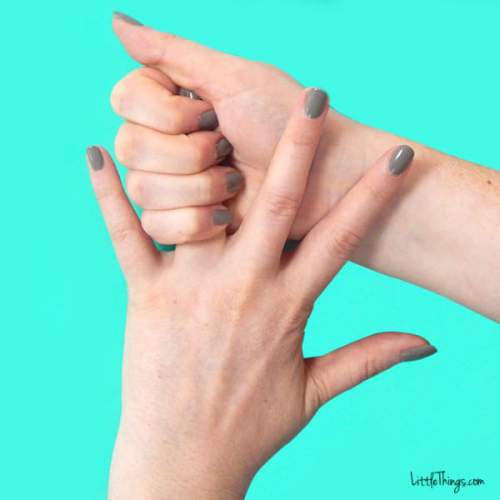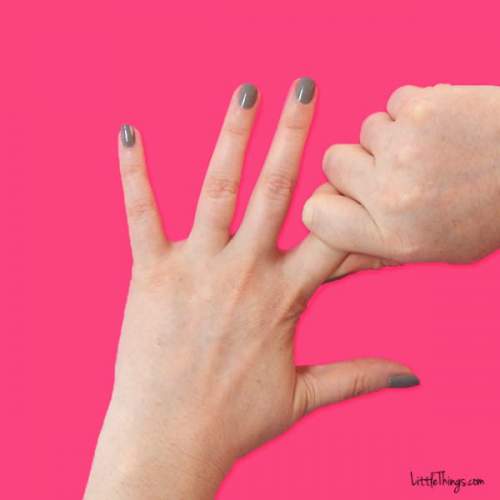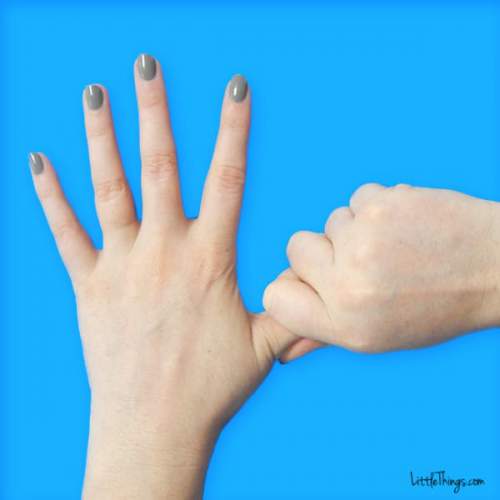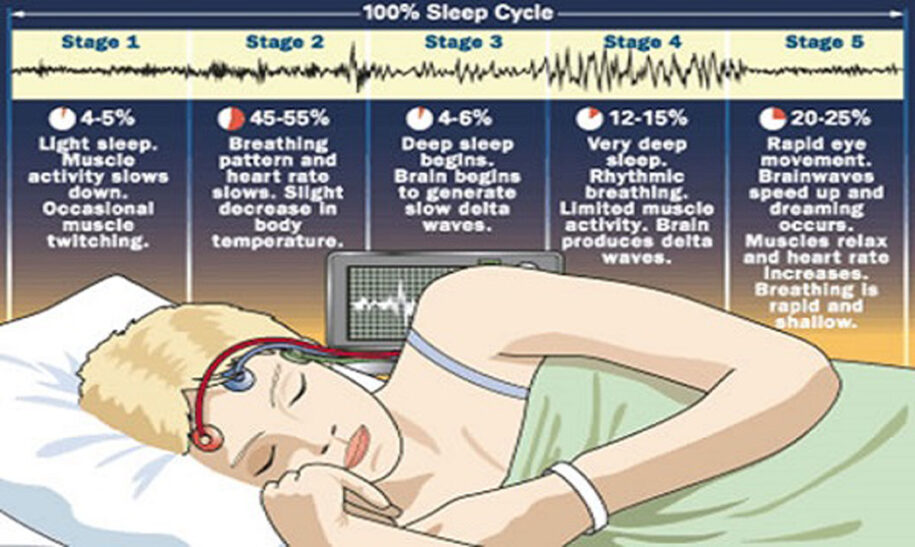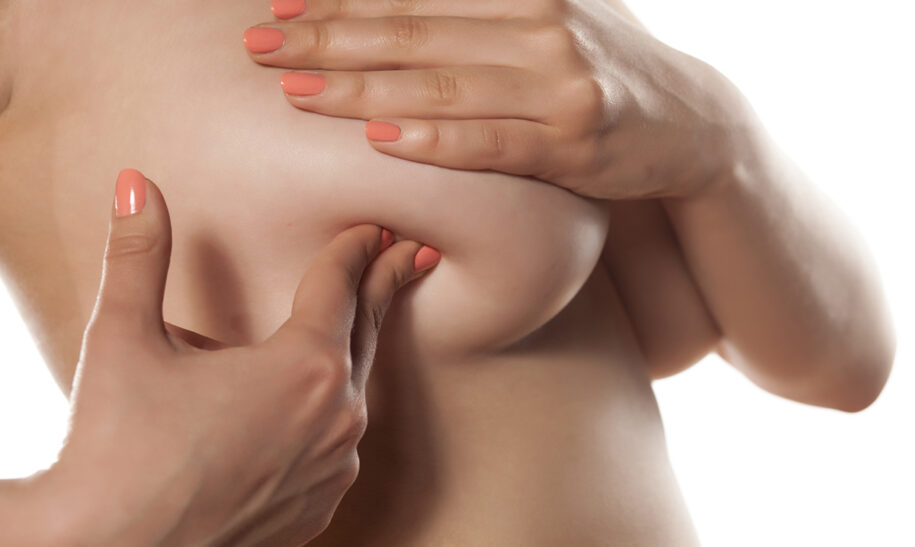
5 Rarely Discussed Early Warning Signs of Breast Cancer
Cancer is a malicious disease and it claims the lives of thousands every year – maybe even millions. It is so common that anyone can become a victim, and these are the early warning signs.
There are many different types of cancer that Americans should be wary of. Breast cancer is the most common newly diagnosed cancer. It is also the second leading cancer cause of death in US women. Most women are aware of the typical indicators of breast cancer, but there are also some rarely discussed early warning signs. It is important for you to get regular mammograms just to make sure everything is okay. The key to success is early detection. However, mammograms do have negative side effects. In fact, they can cause cancer. They omit dangerous x-rays and radiation that can produce the growth of tumors.
One of the most common ways to detect breast cancer is by lumps in the breasts. The lumps are actually masses, and they can be any size. Sometimes your breast entirely becomes swollen and sore.
Some researchers and doctors also believe that breast cancer can be caused by hormonal issues. They say that it can be passed down by genetics, and can’t be avoided. But, most breast cancer is a result of environment, diet, and lifestyle.
Back pain can also be an indicator of breast cancer. Upper back pain that feels like it is coming deep within the bones can be an early warning sign of this dangerous disease. The back pain is also different than most because it can not be alleviated by stretching or chiropractic.
One of the more popular symptoms of breast cancer is skin irritation or redness. The skin around the breast area will become tender, red, and dimpled. This is a result of angiogenesis or blood vessel growth in the breast area. A woman body might start to increase blood vessel size in the breast area to keep a steady supply of blood to try to ward off cancer cells.
Nutrient Deficiency can also lead to breast cancer. Some specific vitamins that are important for breast health are vitamin D and iodine. If you aren’t getting enough of these your risk is automatically increased. Nearly 75% of the adult “healthy” population is deficient in iodine, which has been shown to help ward off cancer cells in the breast and elsewhere throughout the body.
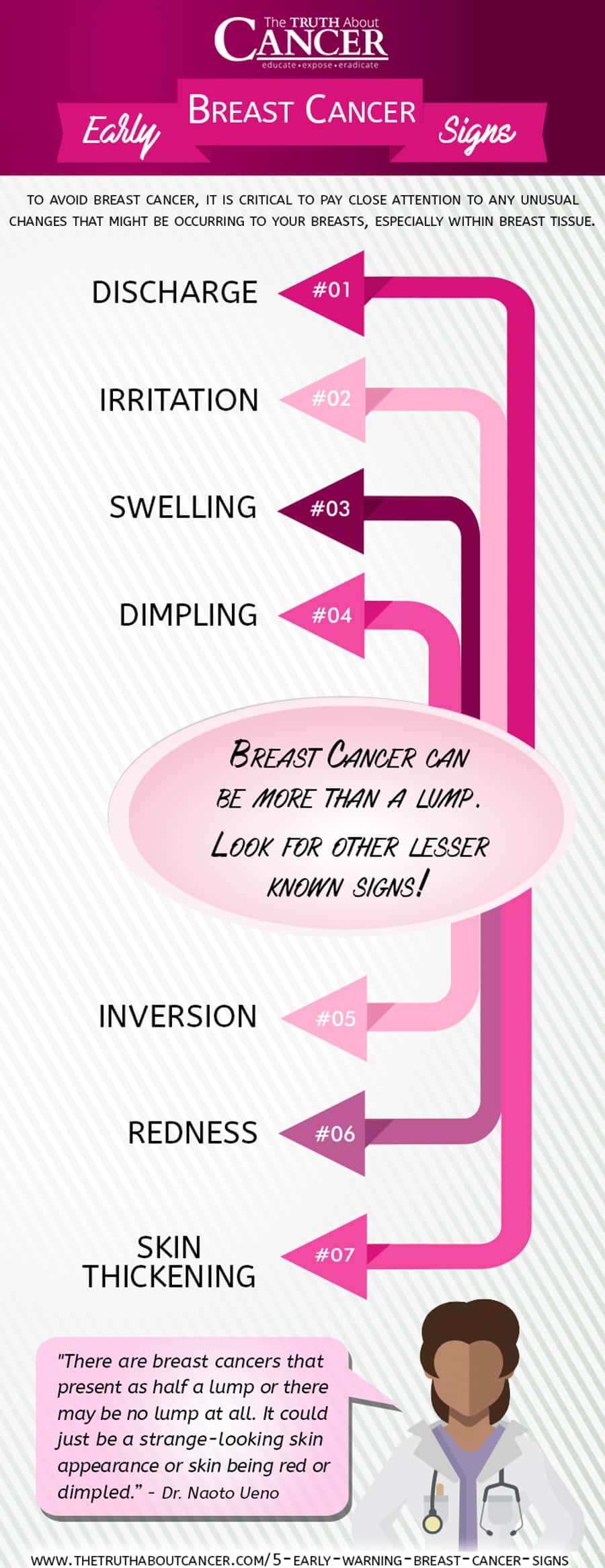


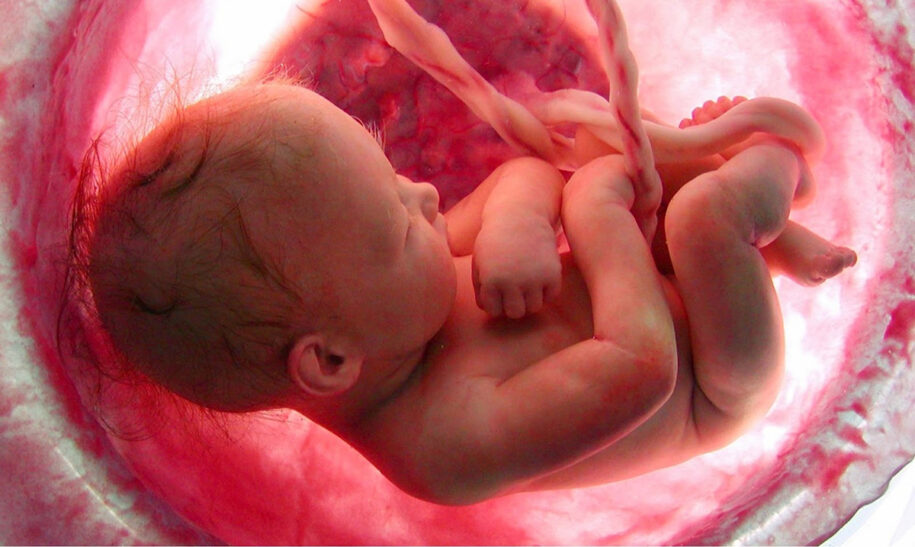
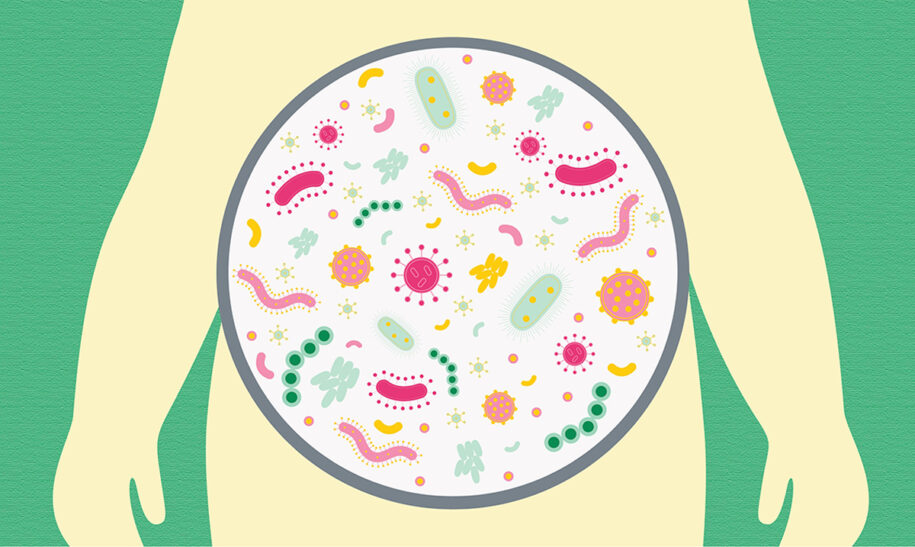
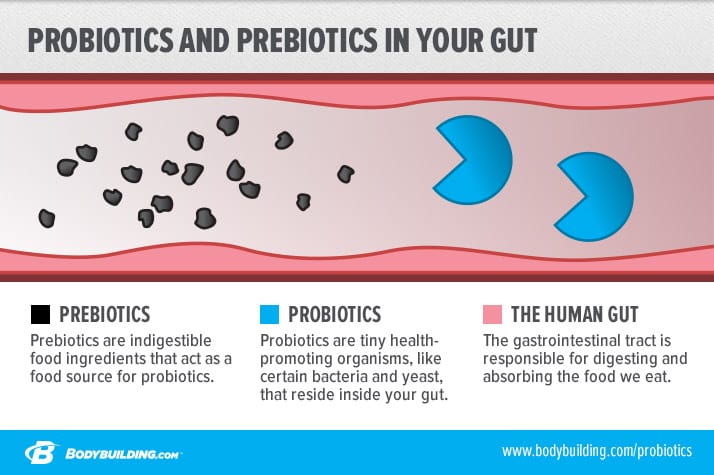
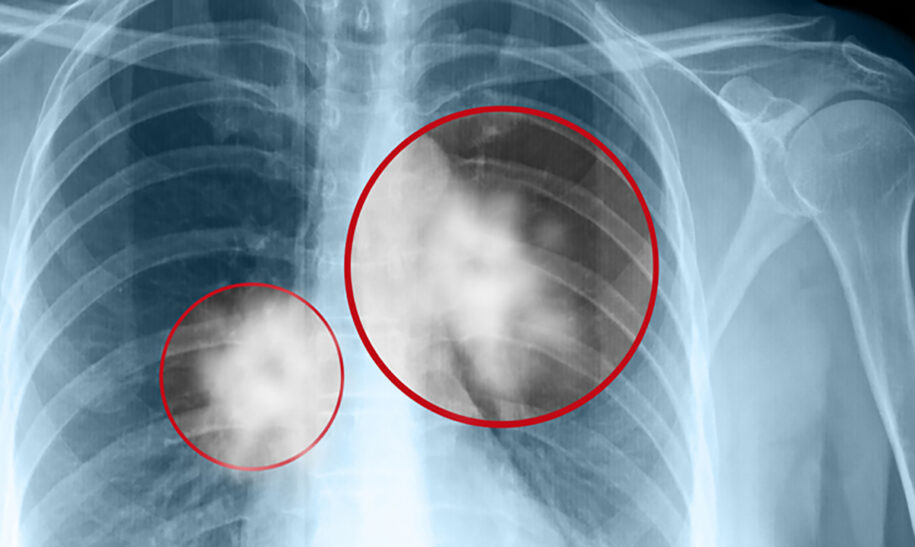
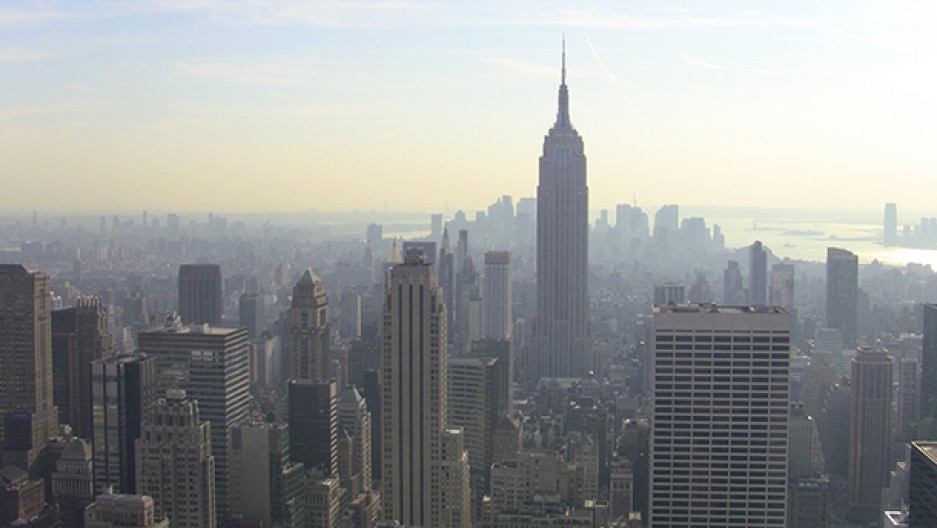


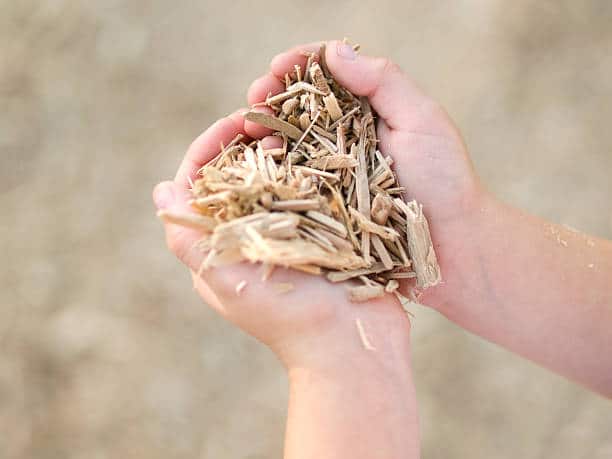

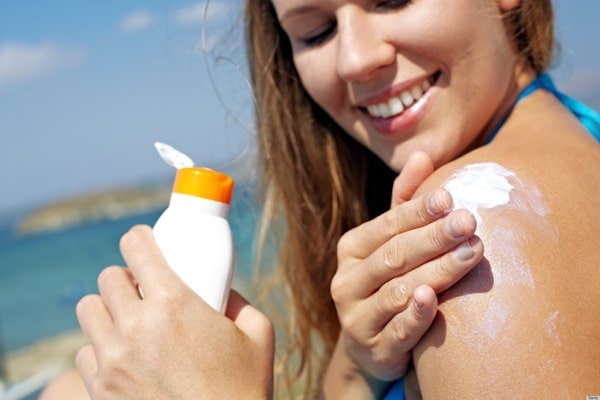
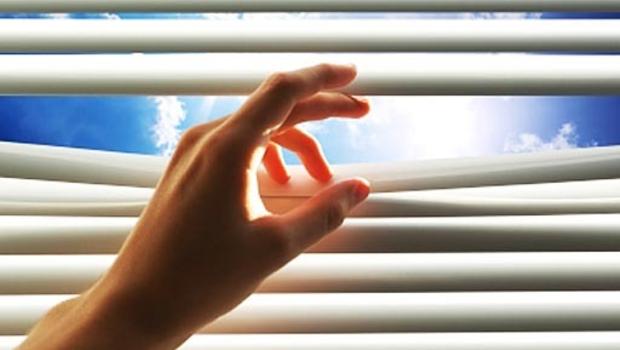
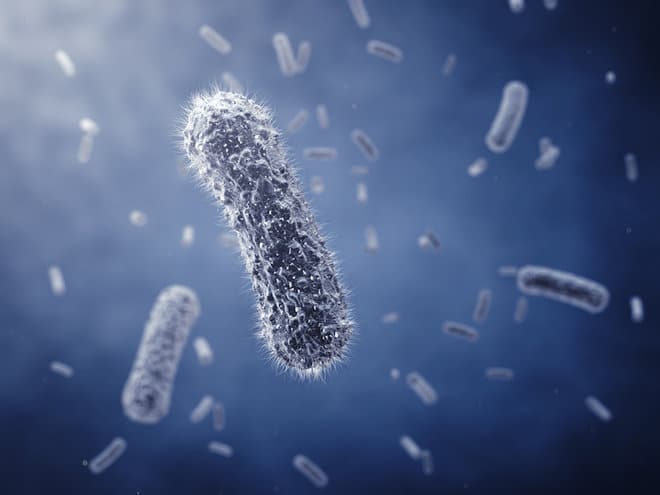

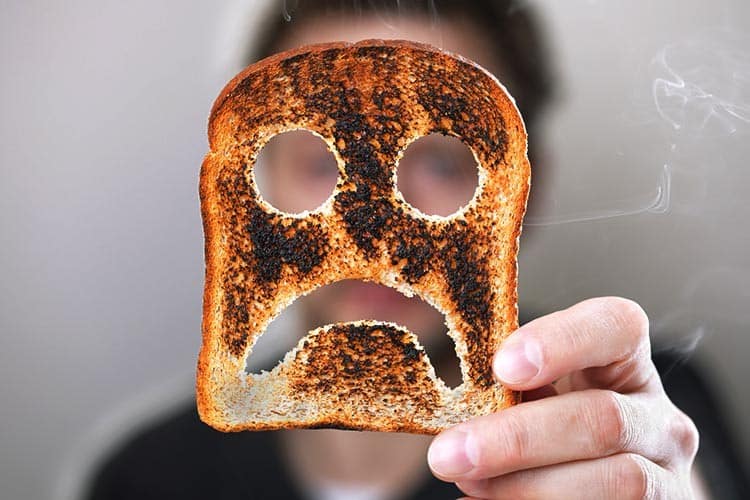


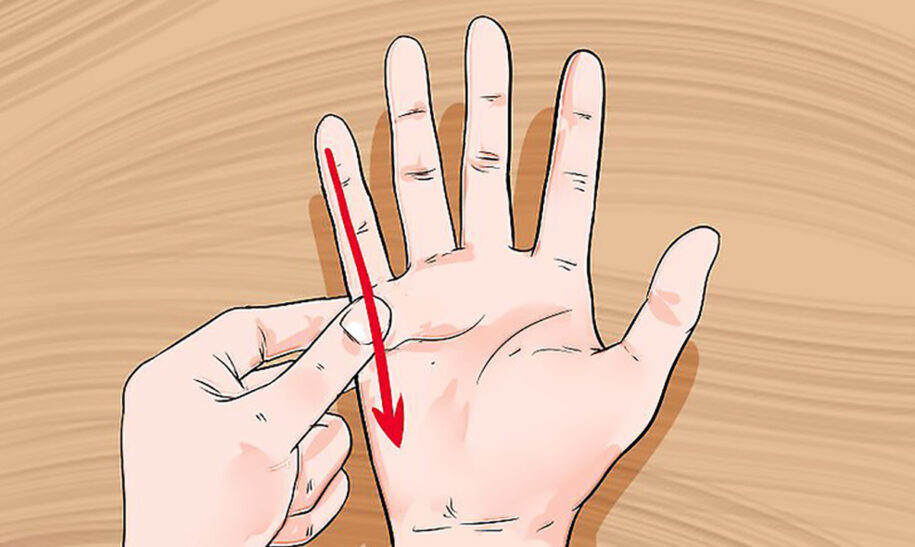
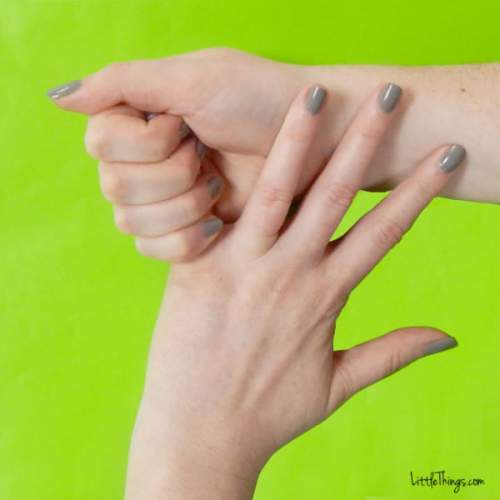 To get rid of anxiety and headaches, all you have to do is resort to your thumb. Headaches can get in the way of everyday activities and make getting through the day impossible. All you have to do is hold onto your thumb and apply gentle pressure. In three to five minutes your symptoms should alleviate.
To get rid of anxiety and headaches, all you have to do is resort to your thumb. Headaches can get in the way of everyday activities and make getting through the day impossible. All you have to do is hold onto your thumb and apply gentle pressure. In three to five minutes your symptoms should alleviate. 